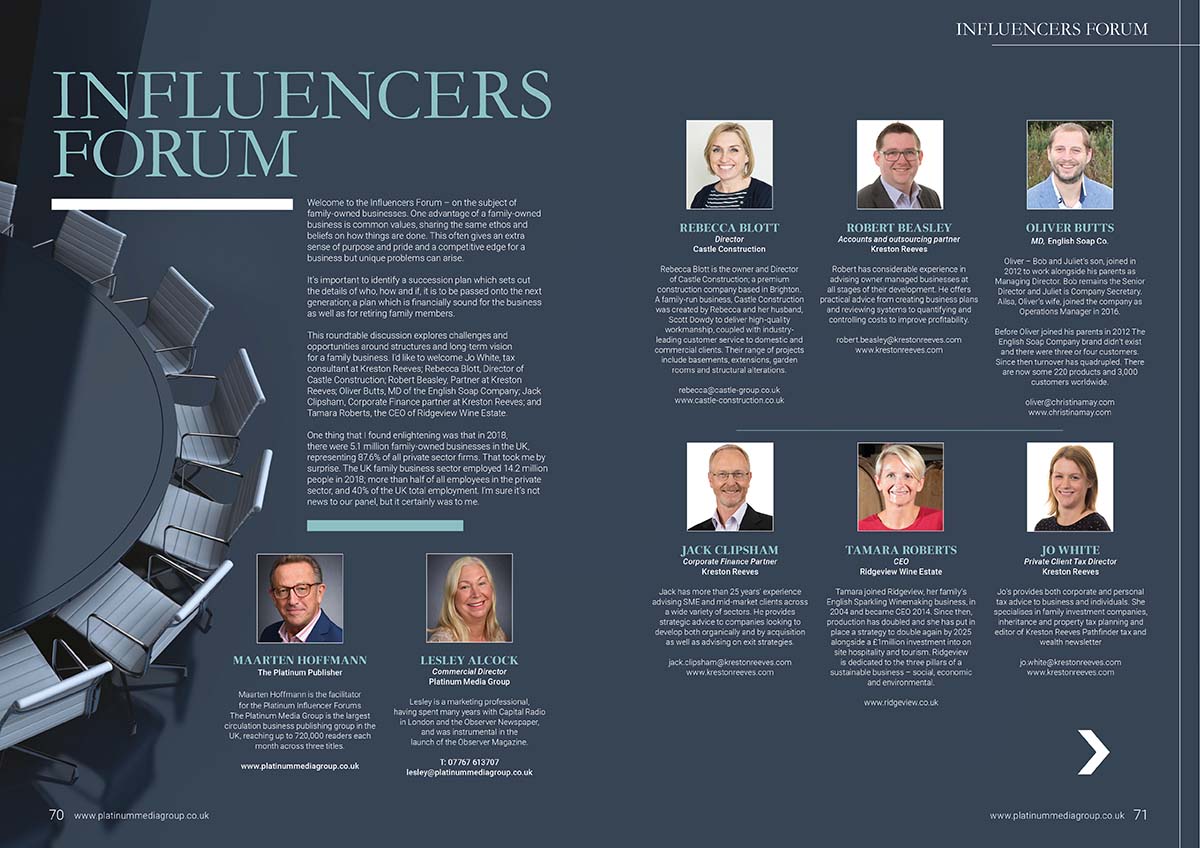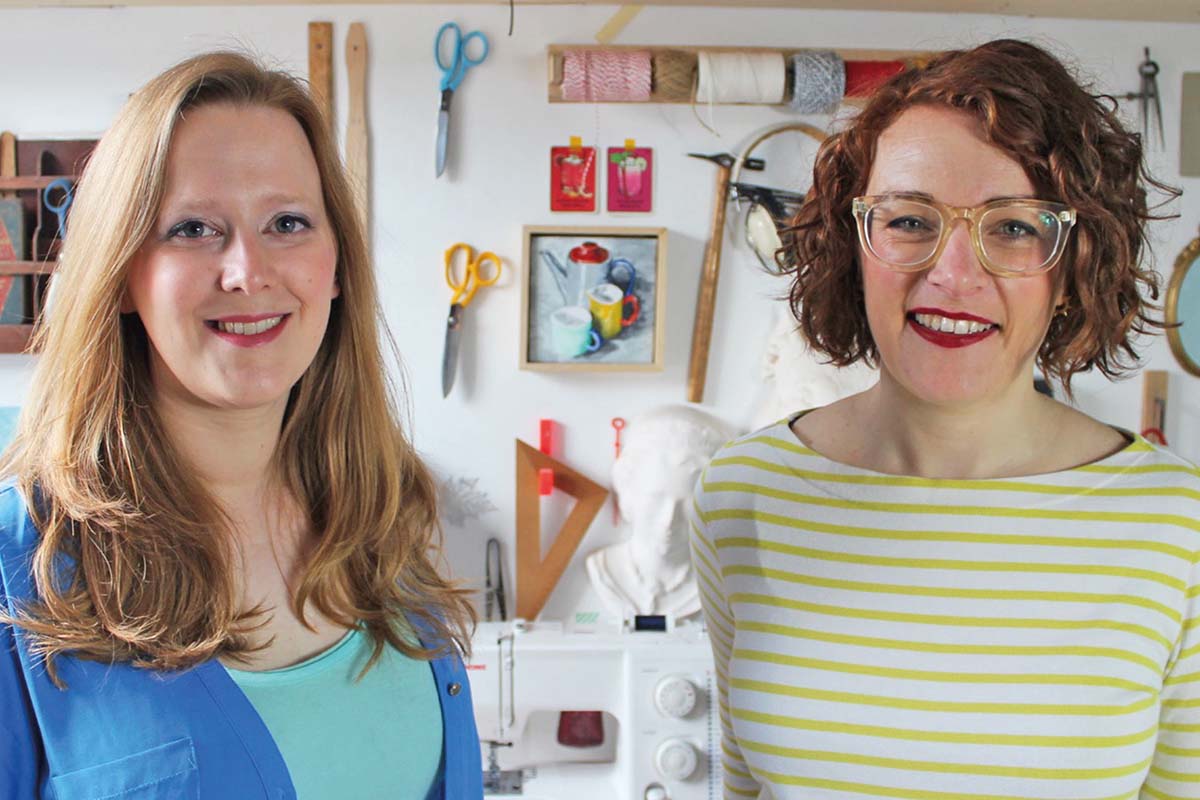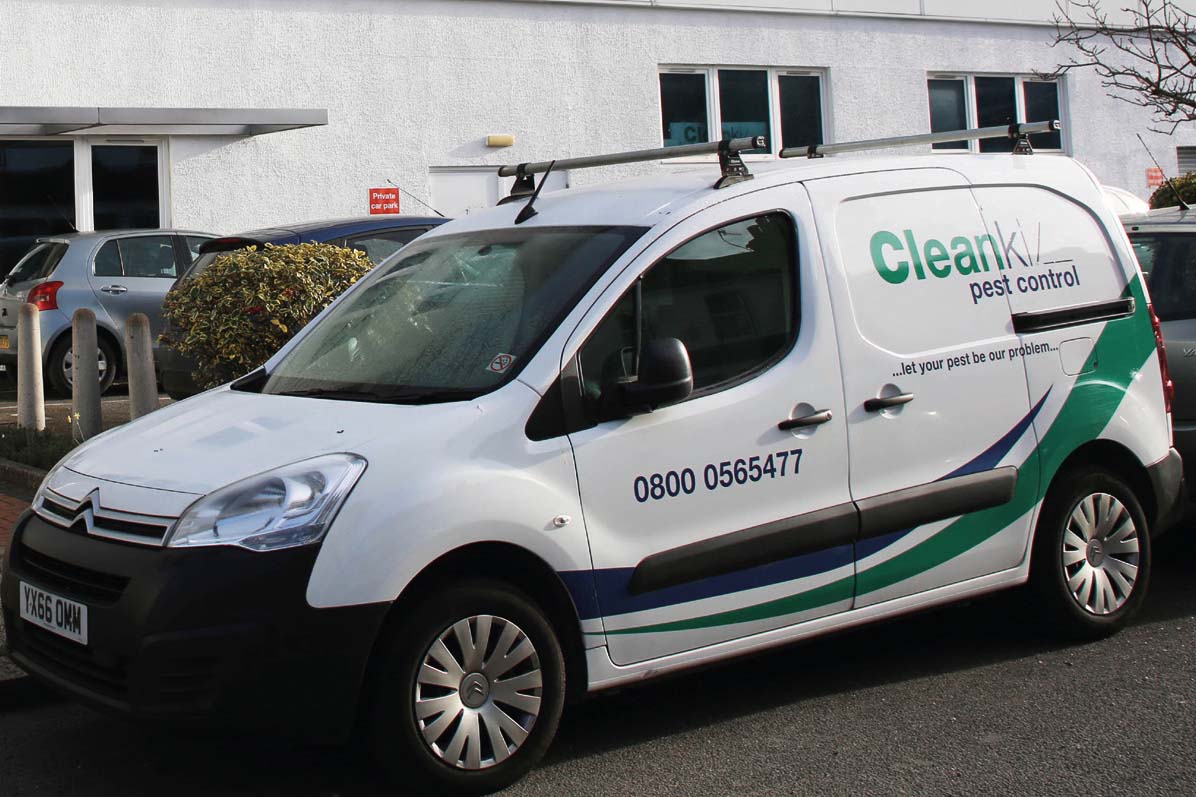
Welcome to the Influencers Forum – on the subject of family-owned businesses. One advantage of a family-owned business is common values, sharing the same ethos and beliefs on how things are done. This often gives an extra sense of purpose and pride and a competitive edge for a business but unique problems can arise.
It’s important to identify a succession plan which sets out the details of who, how and if, it is to be passed onto the next generation; a plan which is financially sound for the business as well as for retiring family members.
This roundtable discussion explores challenges and opportunities around structures and long-term vision for a family business. I’d like to welcome Jo White, tax consultant at Kreston Reeves; Rebecca Blott, Director of Castle Construction; Robert Beasley, Partner at Kreston Reeves; Oliver Butts, MD of the English Soap Company; Jack Clipsham, Corporate Finance partner at Kreston Reeves; and Tamara Roberts, the CEO of Ridgeview Wine Estate.
One thing that I found enlightening was that in 2018, there were 5.1 million family-owned businesses in the UK, representing 87.6% of all private sector firms. That took me by surprise. The UK family business sector employed 14.2 million people in 2018; more than half of all employees in the private sector, and 40% of the UK total employment. I’m sure it’s not news to our panel, but it certainly was to me.
Tamara, at Ridgeview Wine Estate, most certainly a family business as I know that it was started by your father. And you now run it as CEO with quite a few of your family involved. Are there more advantages than disadvantages in a family business?
TR: I’ve worked at Ridgeview for most of my working life. Certainly those common values and an aligned purpose, along with the commitment and determination to make the business work, are things that are shared across a lot of people, not just the entrepreneur who started the company.
There’s a sharing of the burden, and keeping each other going when the times get tough. Because when it does get tough, there’s nowhere to turn.
RBt: I see it as a massive advantage, Often people think that my husband and I working together means we must be at loggerheads. Quite the opposite is true. There’s a mutual respect, which you have to have. There have been companies that have been managed and owned by family members where that hasn’t worked.
For us, it is that set of shared values that you have together; that you’re all pulling in the same direction. And that includes our young children who are already interested in what we are doing at work.
OB: A lot of it depends on the individual family. If you’ve got skill sets that complement one another, and you can get on harmoniously, then it’s certainly an advantage, because you will have that shared ethos, identity, drive and determination to make the company succeed.
That said, I’m sure we’ve all heard of countless businesses where it’s gone on to the next generation, having been split between three or four siblings, and the business has fallen apart.
In our case, my father founded the business, and I’ve got two brothers, and neither of them are involved in the business in any capacity, because my father knew that it wouldn’t work out. So it’s my wife, my father and I who now run it. And that works well.
In a family business, it can be very good, but there is a downside. Tamara do you find that you can go home and not talk about business?
TR: It’s hard not to when I work with my husband. Both my boys have started to work in the Hospitality Group as well. So even from them I get stuff about what’s going on over there!
I am fairly conscious of that, and if it gets too much, I say, ‘right now, we’re not talking about that anymore.’ But it is such an important part of our life. So in a way to not talk about it would be just as odd as to talk about it. And sometimes, getting stuff off your chest can be quite useful.
Jack, have you come across the trials and tribulations of family businesses?
JC: I have this issue at home because on the one hand, I’m a professional corporate financier with a career of
30 years. On the other hand, I’m a husband of a wife who owns her own beauty salon, and who has spent the last two months rebranding, refurbishing and investing quite a lot of money into it to build her business.
The difficulty I face is when she comes home and she starts talking to me about it. Am I supposed to
be wearing my ‘professional corporate finance’ hat, or my ‘husband’ hat, or the ‘listening’ one as opposed
to a ‘Mr. Fixit’ hat?
Woe betide, Jack, if you get the hat wrong…!
JC: I often do! It’s not easy. It’s fantastic to be able to have that family environment where you can offload
and you can talk to each other and support each other. I’ve seen it where that closeness has actually been the value behind the business which has enabled it to grow. But I do think it is a bit of a minefield.
One business that I’ve got happens to be second generation; it’s a business that works in logistics and haulage. The parents set it up originally, handed it over to three sons, the eldest of which is very much involved with the business. But the other two have got roles within the business without them being key to it. So we’re now in a process of marketing that business for sale. We can present it very well but it’s on the basis that there is one person who is key to the business but wants to exit.
We have two other people who are less key to the business who also want to exit so it’s trying to explain to potential buyers who see senior management stepping away from that business. Lots of intricacies there.
Jo – do you have much experience within your roles at Kreston Reeves with family businesses?
JW: It’s mostly people wanting to ensure that they protect the family business, from both a tax and a commercial perspective. I’ve also seen it from the other side, where you’ve got siblings falling out. Somebody has died, the siblings have been left everything 50/50, one doesn’t want to be involved, the other does, and we’re trying to negotiate through that process.
It’s such an emotional thing, especially when you’re looking at it in retrospect, when somebody has died, you’re dealing with grief on top of everything else. And somebody often breaks at some point during that process. So it’s about upfront communication and making sure everybody’s on the same wavelength.
Do you feel sometimes you end up more as a family counsellor than a tax consultant?
JW: 95% of my job is counselling! If I knew I needed that skill, I’d have done a degree in psychiatry, law, or sociology…!
JC: I just wanted to pick up on succession. Because personal experience says it tends to be third generation when there becomes an issue about people expecting roles, expecting jobs, but perhaps not really the right person to go into it.
If you were going into a marketplace to recruit those people, you wouldn’t necessarily recruit your children, because they haven’t got the right skill set. Tamara was saying that she likes to pre-empt that, and have early conversations to try and make sure everybody has the right expectations. But I wonder generally, how much of a problem do people see that to be?
OB: When I joined the family business straight out of university, I did a degree in history and politics, so if someone was to objectively look at the students who came out of my university, on paper, I wouldn’t be the best person to run the business.
I think the difference that being a family member has is that you have something which those people won’t have, and that is the drive and the determination that comes from being in a family business.
TR: The skills that were needed in the business, when I started in 2004, were very different to the skills needed in the business today. Before, when it was smaller, you got to do a bit of everything. Now, it’s much more about needing particular skills and experience to maintain a given role.
I’m already putting in my next layer of management, as part of my progression into succession planning. It’s not going to be my children, because they’re too young. So whoever that someone else is, it will be their decision as to whom they recruit into management. I won’t be involved in that decision.
Only 8.2% of family businesses have any directors in control of the business who are not owners. Is that something that’s healthy?
RBe: I think it can be healthy, because there’s a different view and perspective, and it takes some of the family issues out of the conversation. But then that one person against the family can also be quite challenging. Where my clients who don’t have that ‘external person’ on the board, they tend to use us to mediate between family members.
I would imagine it would be quite intimidating for a director or a manager to come into a business that’s family owned. Do you think it’s healthy to have an outside person involved in the company?
TR: I couldn’t work with just my family. You’re in a goldfish bowl. We all know how each other thinks; we’re a similar age, so there’s no diversity of opinion. And we’ve been doing it for so long.
I’ve got non execs, I’ve got a young, senior management team, all with different roles. Only my brother and I are on the board with our mum; none of the other family members are. I need to work with the accountability of somebody who’s not a family member being in a senior position in the business.
RBt: Fortunately, we’re not at that stage yet. But I agree that you’ve got to have people to challenge your thinking, because otherwise you just come up with the same ideas. It’s important to us that everyone feels they’re able to challenge us.
Robert, what do you see as the main drawbacks in family businesses?
RBe: It’s when it’s the generation that’s exiting the business that still wants to retain some of that control and doesn’t want to pass it down. It’s sometimes down to new ways of working, they’re less open to adapting, and ultimately we get ‘it always works like that, why can’t we do it that way?’
And that’s where I come in to act as a counsellor. I’d show them that there is a different way, and that the more open and honest people are, the more they can have those difficult conversations that they might otherwise put off.
We touched on succession planning. Jo, I assume succession planning in a family business is an absolutely paramount thing to get right?
JW: Certainly from a tax perspective. When you’re dealing with a trading company, there are many tax reliefs available. But as companies or shareholders look to sell, or they look to diversify, there are tax consequences.
We do a lot of inheritance tax planning. When it comes to identifying responsibilities and setting expectations, we’ve had Generation Three having an expectation that they’re just going to get an income from a company without doing anything.
The open communication we talked about earlier is key to making sure that they don’t think that. Ultimately, they may well get some value from it, whether it’s the sale of the company and they get some cash, or whether it’s the shares in the business. But it’s the bigger picture that we need to be thinking about.
Family businesses paid £196 billion in tax in 2018, which is more than 25% of the entire government revenue. It’s a huge number. I was also surprised by the fact that the greatest number of family firms are in this region of England. 1.72 million family firms are based in London and the south east, which is over a third of the national total of family firms. What do we think that’s down to?
JW: It depends how they define family firms. When it comes to tax planning that we do with clients, they will set up a property investment company, for example, that has only family shareholders.
That is now a family business, it’s just not a trading business. And there are many property opportunities – whether it’s land for sale or commercial properties for letting - in this region. Within those figures, I’d be interested know how much of it is ‘trading’ as opposed to ‘investment vehicles’? We look at a lot of company structures for tax planning purposes for things other than trading operations.
OB: It could be partly due to the south east being a more affluent area than most of the rest of the UK, meaning you’re more likely to have that money to start a business. But also, the south east isn’t where you’re going to put a large logistics hub. Amazon isn’t going to put a giant warehouse outside Brighton, they’re going to put it outside a more central town.
Oliver, you said that your father passed the business down to you in preference to your two brothers, and you have to convince him that you have the wherewithal to do it. I presume winning International Business of the Year at the Sussex Business Awards must have been a hell of
a pat on the back to you.
He is involved, but he works from home part-time, and sometimes involves himself. Yes, he was happy.
I’m going to bring Lesley in here. Before she joined, she worked in her family firm for 15 years. Do you recognise most of what we’ve spoken about here?
LA: Yes, I do - a lot. Sadly, Robert’s point is the one that resonates the most. And it strikes me that Oliver has experienced this as well. It was resistance to change from my dad who set the electrical retailing business up, and ran it for nearly 50 years. When I went into the business, it was because, like Rebecca’s experience, my kids were three and five, I’d left my job in London, moved down to Sussex, and I desperately needed something to do.
He persuaded me to go in supposedly to ‘help out’. To start with, it was because it fitted around two young kids. It worked, as I needed a challenge. But I constantly fought with my dad over everything I wanted to do. As I understood more and more about the business, I could see where we should be going. I even had to fight quite hard just to get a website started.
John Lewis and AO.com very quickly became our main competitors; not the other retailer down the road, as it always used to be. And I fought very hard to get a website set up – and lots of things like that.
The truth is, the constant battling probably drains you more than anything. It wasn’t the customers, it was the what was going on inside the company. As my dad got older, he got worse, and more resistant to change! It was ‘we’ve always done it like this, why do we need to do it differently?’
But there were some of the positives that have been talked about. There were the common goals; we never actually fell out. It was just frustration on my part that he couldn’t see that we needed to change and grow the business and move on. But there was a fabulous feeling of camaraderie. So it was a bit of a mixed bag, really.
In a Deloitte survey from 2014, the majority of complaints about family business was the mess it can leave behind. To quote: “Family business can be messy. Navigating the dynamics of recruitment promotion, dividends, salaries, and decision-making can breed resentment, disengage-ment and entitlement among family and non- family alike. Business conversations can start to dominate mealtime. Disagreements at work can spill over into conflicts of home.”
RBt: My mum and my sister, a few years back, decided to start a business together - a training company. It was
a disaster. From the outside looking in, they both had very different ideas about who was going to undertake which role in the business.
Strategically, having that long term vision is vital. We’ve talked a lot about everyone focusing and going in the same direction. But it was evident from discussions that they just didn’t have that. It all went horribly wrong, and ended in a lot of arguments, and it did damage their relationship.
The biggest question out there with family businesses that I came across time and time again was succession. When should family businesses be looking at their succession policy?
JC: The earlier that somebody can start thinking about it, the better. Tamara said earlier that she likes to pre-empt the conversations. That’s exactly the right way to go.
If the family aren’t going to take it over, is it going to be an outright sale to a trade buyer? Are you going to be looking to support members of the second tier management team – who may not be family – who may be keen to do a management buyout?
Try to identify whether you have a problem or not, or whether there is a succession issue to resolve. But either way, look at the options and plan for them. And the more time you give yourself to plan, the more likely you are to have a successful conclusion.
JW: I echo those comments; the earlier, the better. A lot of these things will often take time to manage through that process, whether you need to bring in external people or not. And setting expectations from the outset is really important.
RBe: Also keep talking because your personal and business goals change over time, so you might need to revisit whatever plans you had before.
TR: You can’t use your business as a vanity project as you get into your elder years; to stifle it moving on. It’s so important to have an idea of when to stop being the key decision maker in the business. I’m thinking many things, but maybe should it be when I hit 60. Do I want to be doing what I’m doing beyond 60? The answer is absolutely not.
Hence why I’m working now to bring the management team through the business. We’re right bang in the middle of that planning process now, because it doesn’t happen overnight.
You’ve put so much of your family’s life into the business and very successfully. Do you think you will be able to walk away?
TR: I’ve got to. And I have to, over the next 10 years, get that into my head.
OB: My father is planning to retire formally in November; he turned 70 this year. For him, it’s like there’s a rage against the dying of the light, because as he gets older, his influence in the business gets diminished.
Rebecca, have you thought about succession planning?
RBt: It’s early days for us. The agreement that I made with my husband was that if I gave up my career, it would be to help with the business. We would grow it into something bigger. But that was with the idea of having a business to sell on.
I must admit that there’s an element of envy of you guys holding it together with family. We’re coming close to the end, so what I’d like to ask each of you. What would you say to any of our readers who are thinking of starting or running a family business?
TR: Good old-fashioned, clear, honest communication as regularly as you possibly can. Sit down and have those conversations with your family. Ask the difficult questions before they become a crisis situation, and get your planning ahead sorted.
Think of what everyone wants from the future as much as what the business can deliver. Those two things are so strongly linked. You can’t deal with them separately. They’ve all got to come together.
OB: It’s got to be a meritocracy, inside and outside of the family, when you have other people working alongside you. Also cultivate the knowledge and ideas of those who aren’t within your immediate family. Otherwise, if you’re a husband and wife, and you go home and talk to each other, you only end up reinforcing each other’s point of views and perspectives. You do need fresh ideas from the outside to help you grow.
RBt: Respectful communication will be at the top of my list. One other element to be clear about is what each party brings to the table in terms of contribution – and be very clear about their role. I think that’s important.
JC: Communication, communication, communication, absolutely. It’s making sure that there’s a commonality of directions. So everybody needs to be signed up to the same aims and objectives. If there are different agendas, it’s not going to work.
The power of the family can can help to achieve those objectives. And with communication, as well as respect,
I would add the need for honesty and realism.
I think there are fathers – and maybe I’d probably be one of them - who would think it was fair to my children to leave it equally between them. I presume, Jo, that’s not necessarily a very smart thing to do?
JW: It’s a fine balance between showing that you treat your children equally, versus the reality that, if you do that, there’s going to be problems in maintaining the profitability of the business, and ultimately realising that value. Then there’s the relationship with your other family members. One’s going to be more disgruntled than the other because they’ve done all the work, but only getting a third of the value.
It’s a huge responsibility for the founder of the business, isn’t it? We’ve all seen it; it can break families apart, though that’s never the intention of the founder, but it’s a very dangerous thing to do, is it not Robert?
RBe: Very dangerous. That’s why I think it’s important to begin with to set those clear expectations of what everyone is going to bring to the party; what everyone’s roles within the business are going to be, and how that aligns with everyone’s individual, personal and family goals. Hopefully this will avoid those family conflicts later on.
It is an absolute minefield. But I’m delighted to say that we’re speaking to three business owners here who have navigated it well and correctly. I’d like to thank you very much for your time. Thank you.





